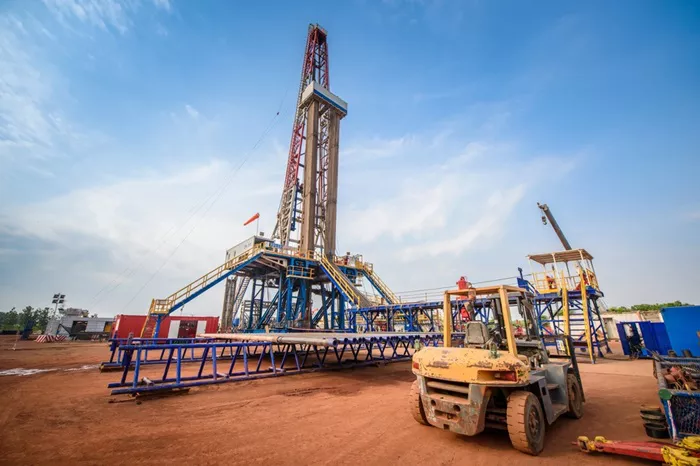To address the escalating gas crisis disrupting industries, Bangladesh’s interim government will launch international tenders for offshore gas exploration on December 9, with onshore explorations, including hilly regions, set for March 2024. Petrobangla Chairman Zanendra Nath Sarker announced the decision at a seminar titled “Ways of Mitigating Energy Crisis in the Industrial Sectors” in Dhaka. This initiative aims to boost domestic gas production, curtail reliance on LNG imports, and alleviate supply challenges.
Strategic Moves for Energy Security
Zanendra expressed optimism that the tenders would attract global energy players, mirroring Chevron’s successful involvement in the country’s energy sector. Additionally, starting December 1, LNG imports will be opened through competitive spot market tenders. Plans are also underway for new floating LNG terminals, with tenders to be issued next month.
Addressing industrialists’ grievances over insufficient gas supply, Power and Energy Adviser Muhammad Fouzul Kabir Khan announced steps to bring Bhola’s recently discovered 70 mmcf gas reserves to Dhaka via compressed natural gas (CNG) or liquefied natural gas (LNG) by tendering for transport solutions this December.
Fouzul also highlighted the government’s plan to drill 50 gas wells by December 2025, contingent on timely project approvals. By the end of 2024, 1,500 mmcf of gas from domestic sources is expected to be added to the national grid.
Financial Efficiency in Fuel and Energy Management
The government is set to save Tk 360 crore in six months by easing restrictions on fuel oil imports. Earlier, suppliers were required to own refineries, but this condition has been lifted, reducing procurement premiums significantly.
Md Amin Ul Ahsan, Chairman of the Bangladesh Petroleum Corporation, revealed that diesel import premiums for January-June 2024 have fallen to 5.18%-5.44% per barrel compared to 8.75% during the current period.
Industrialists Call for Priority in Gas Allocation
Business leaders at the event urged the government to prioritize gas supply for industries over other sectors, particularly vehicles. Many expressed frustration over the ongoing crisis, with several factories running below capacity or shutting down entirely.
Apex Group MD Nasim Manzur emphasized that the energy crisis is crippling industries and damaging equipment. He proposed maximizing coal-fired power plants and redirecting gas from these facilities to factories.
Former FBCCI President Abdul Awal Mintu warned that unresolved energy shortages could deter investment and worsen inflation, while another former FBCCI leader, Mir Nasir Hossain, criticized unequal gas distribution, citing Gazipur factories’ hardships despite nearby power plants receiving supply.
Dire Consequences for Industries
According to Professor Ejaz Ahmed of BUET, the gas crisis has slashed production across key industries:
- Ready-made garments: 30-35% decline
- Steel: 25-30% reduction
- Ceramics: Over 50% drop
- Small and medium enterprises (SMEs): 40% closure rate
Ahmed noted that while industrial demand for gas stands at 1,040 mmcf, only 500 mmcf is supplied. He urged equitable distribution, particularly in major hubs like Gazipur and Chattogram.
FBCCI President AK Azad painted a grim picture of factory closures and layoffs, while BCI President Anwar-ul Alam Chowdhury Parvez emphasized the unsustainable rise in operational costs, citing a 286.5% increase in gas prices and a 33.5% hike in electricity rates over the past five years.
System Losses and Governance Challenges
Ahmed labeled the 9.82% system loss in gas distribution, amounting to $1 billion annually, as “theft.” Petrobangla, however, pegged its losses at 5-6%, while higher losses were attributed to Titas and Bakhrabad. Crackdowns on illegal connections are ongoing in areas like Keraniganj and Narayanganj.
Petrobangla Chairman Sarker assured industrialists that the government is shifting its focus from power sector gas supply to industrial allocations, with significant improvements expected next year.
As Bangladesh braces for a challenging energy future, entrepreneurs and officials alike emphasized the urgent need for decisive action and sector-wide reforms to safeguard the country’s economic stability.
Related topic:

